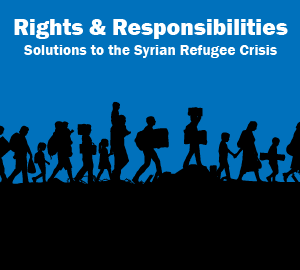 The global refugee crisis is one of the great humanitarian challenges of our time. In Europe alone, the scale of the migration, the human suffering that has driven it, and the political complexities of resolving it have created tremendous strain. The crisis is roiling the political systems of individual countries and threatening the solidarity of the European Union. Leaders in Europe know that they must get a handle on the situation, and fast.
The global refugee crisis is one of the great humanitarian challenges of our time. In Europe alone, the scale of the migration, the human suffering that has driven it, and the political complexities of resolving it have created tremendous strain. The crisis is roiling the political systems of individual countries and threatening the solidarity of the European Union. Leaders in Europe know that they must get a handle on the situation, and fast.
To date, most of the focus has been on the responsibilities of host countries. But looking only to national governments ignores the key role and actions of host cities. Refugees settle in specific places, and those places shoulder the burden of addressing the economic and social issues necessary to accommodate the influx. Municipalities across Europe are experiencing instantaneous demographic change and complicated cultural tensions; this is a tremendous challenge both for large cities, where density and diversity are already high, and for small towns, which are more homogenous and less accustomed to large and swift demographic changes.
Cities and nations differ markedly in how they approach the issue of refugees and transnational migration. Nation-states wrestle with general, existential questions: what does it mean to be a German or a Swede, or to have a German or a Swedish border, in the new global order? Cities, by contrast, must grapple with existence issues: how to house, educate, train, and integrate individuals from different educational backgrounds and cultures, who are often in dire need of health care and special services, while maintaining public order and safety.
While nation-states develop quotas and use technocratic formulas to determine how to allocate people across communities, it is cities who must decide how to locate a housing project or integrate a local school in the intimate context of a neighborhood.
And while European states might presume that the influx of refugees will help them address the labor market challenges created by a rising share of elderly workers and low fertility rates, cities will be the ones to ensure that refugees actually have or learn the language and work skills needed by different firms and sectors.
The method of delivering services varies markedly across cities, depending on municipal and legal statuses as well as access to resources such as financing, staff, housing, and vibrant nonprofit and civic sectors. Yet across the board, it is cities that make the decisions that are most likely to determine success for individuals and families in the near and long term.
And it is cities, with their networked public, private, and nonprofit sectors, that can best implement these decisions. Some, like Hamburg, are already starting to find new ways to “join up” responses across the civic and public sectors and break through siloed bureaucracies to deliver critical services to individuals quickly and efficiently.
In sum, nation-states govern in the realm of abstraction. They enact legislation, promulgate rules, and (occasionally) develop programs from the top down in ways that must satisfy the diverse ideologies of disparate political parties. Cities, by contrast, must operate at the level of the practical and are critical to helping nations achieve their big-picture goals. Solutions can be captured and codified for other cities to adapt in Europe and beyond, including in Turkey and countries like Jordan and Lebanon that are closer to the front-lines of refugee flows.
As local, national, and global leaders grapple with the international migration crisis, it is crucial to remember that the outcome of the European refugee project will depend on the success or failure of cities and the actions of public, private, and civic leaders and ordinary citizens as much as the decisions of national leaders.
The Brookings Institution is committed to quality, independence, and impact.
We are supported by a diverse array of funders. In line with our values and policies, each Brookings publication represents the sole views of its author(s).
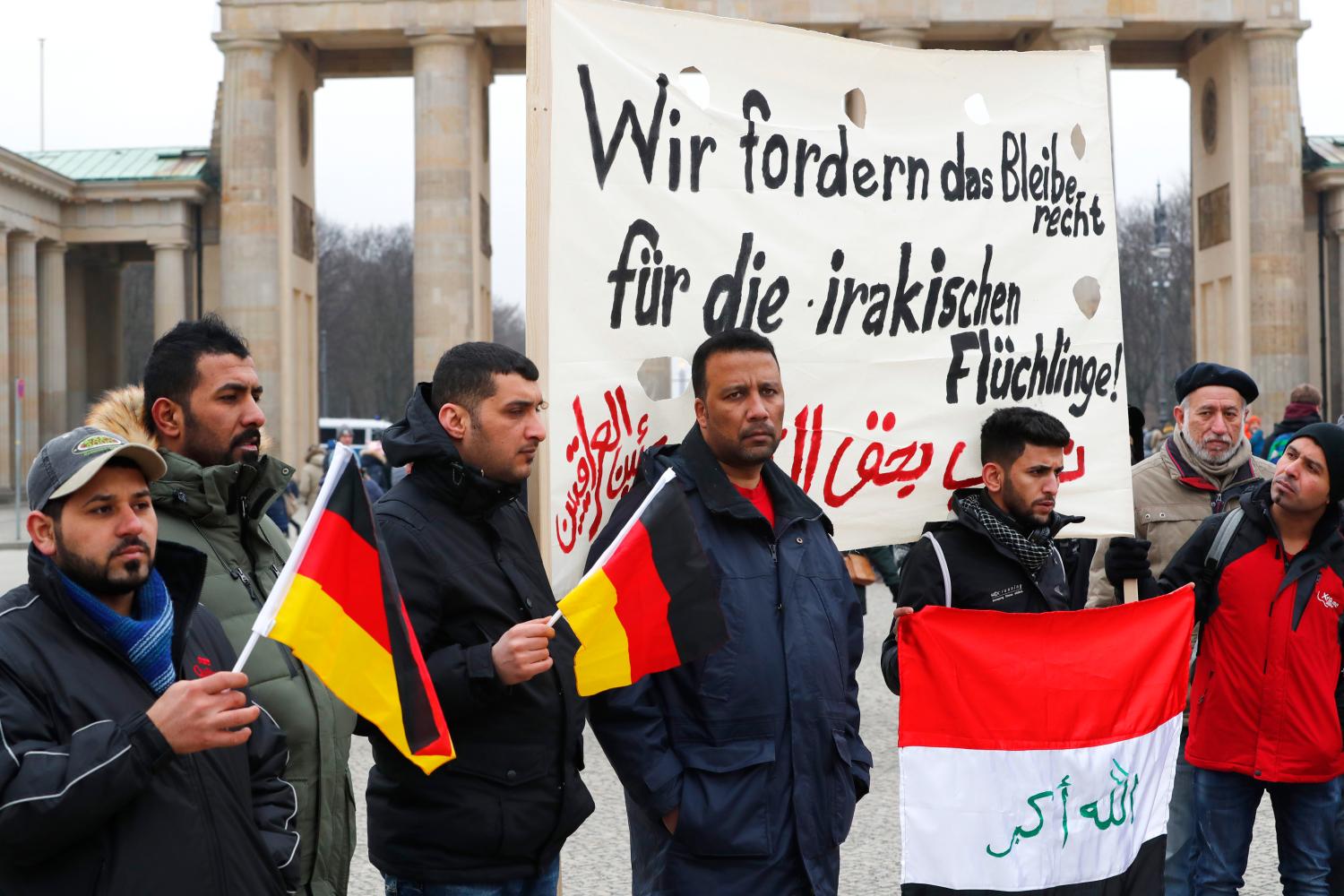

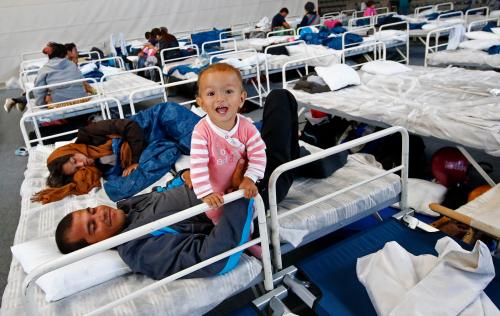

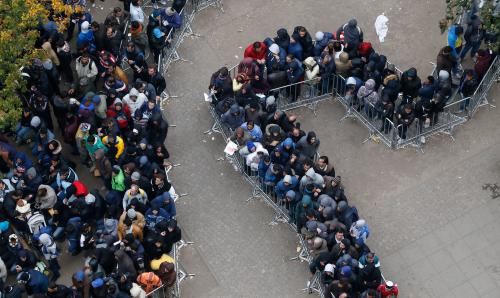

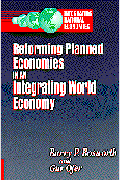
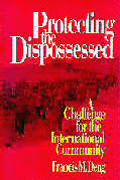



Commentary
In Europe, integrating refugees falls to cities
June 13, 2016